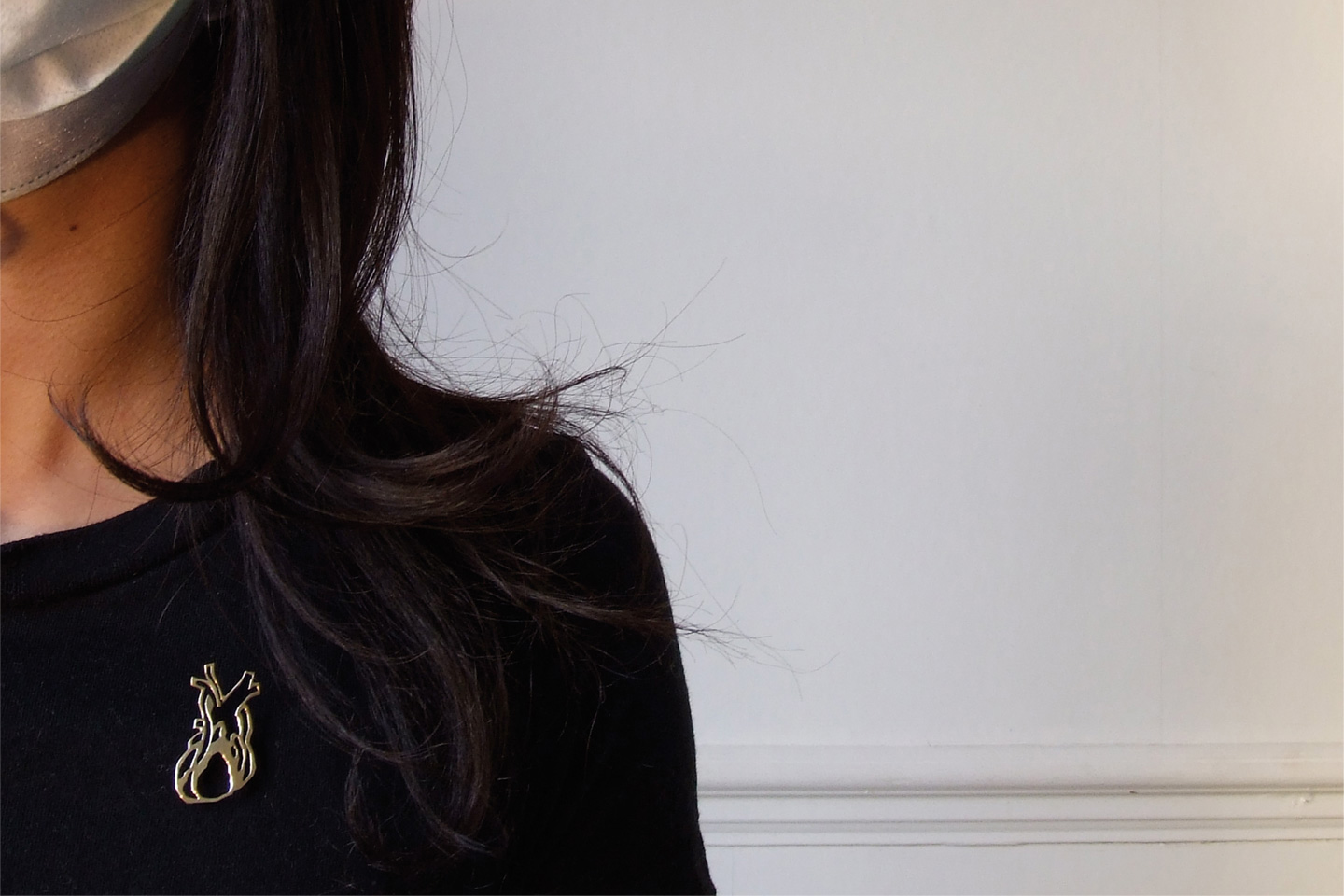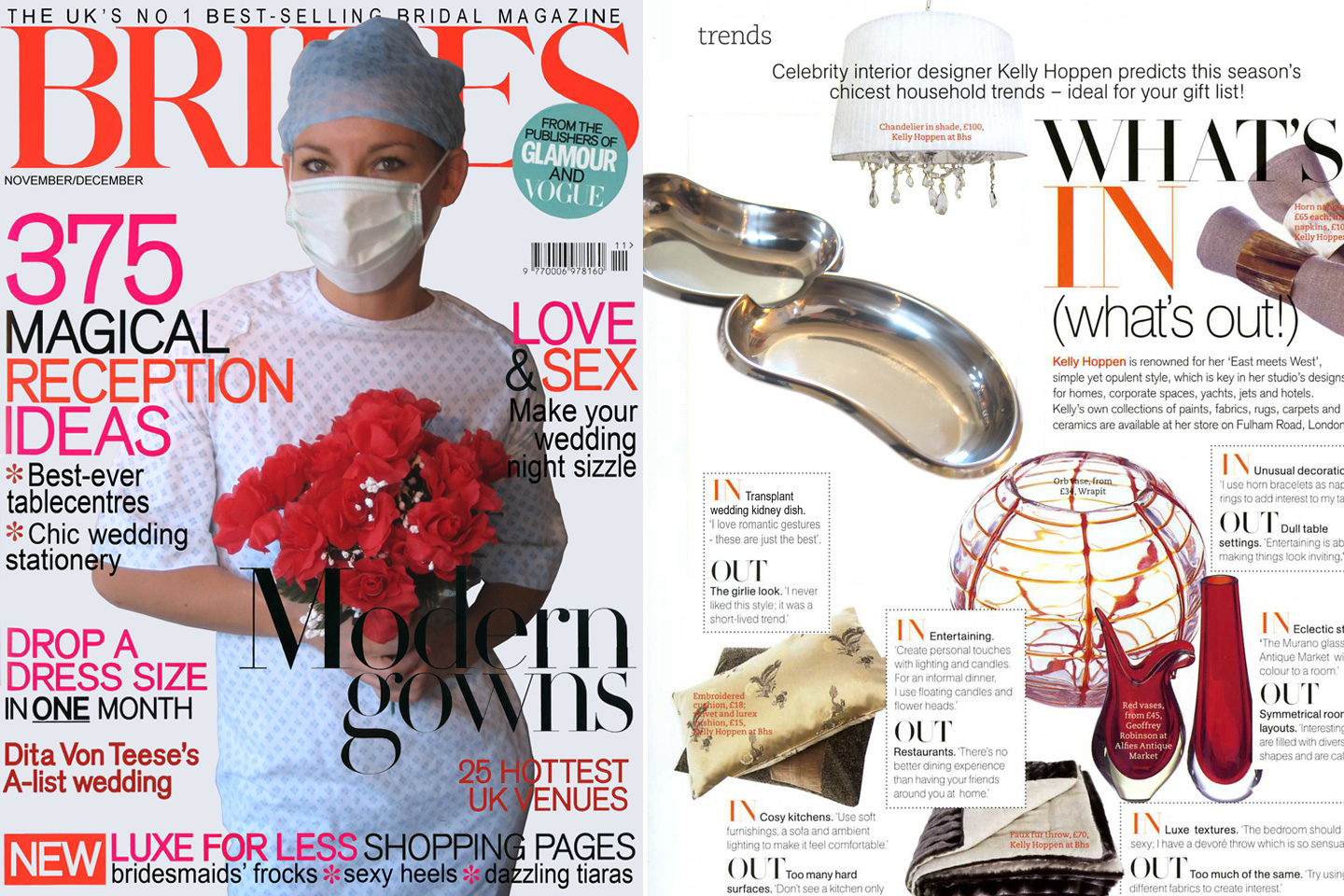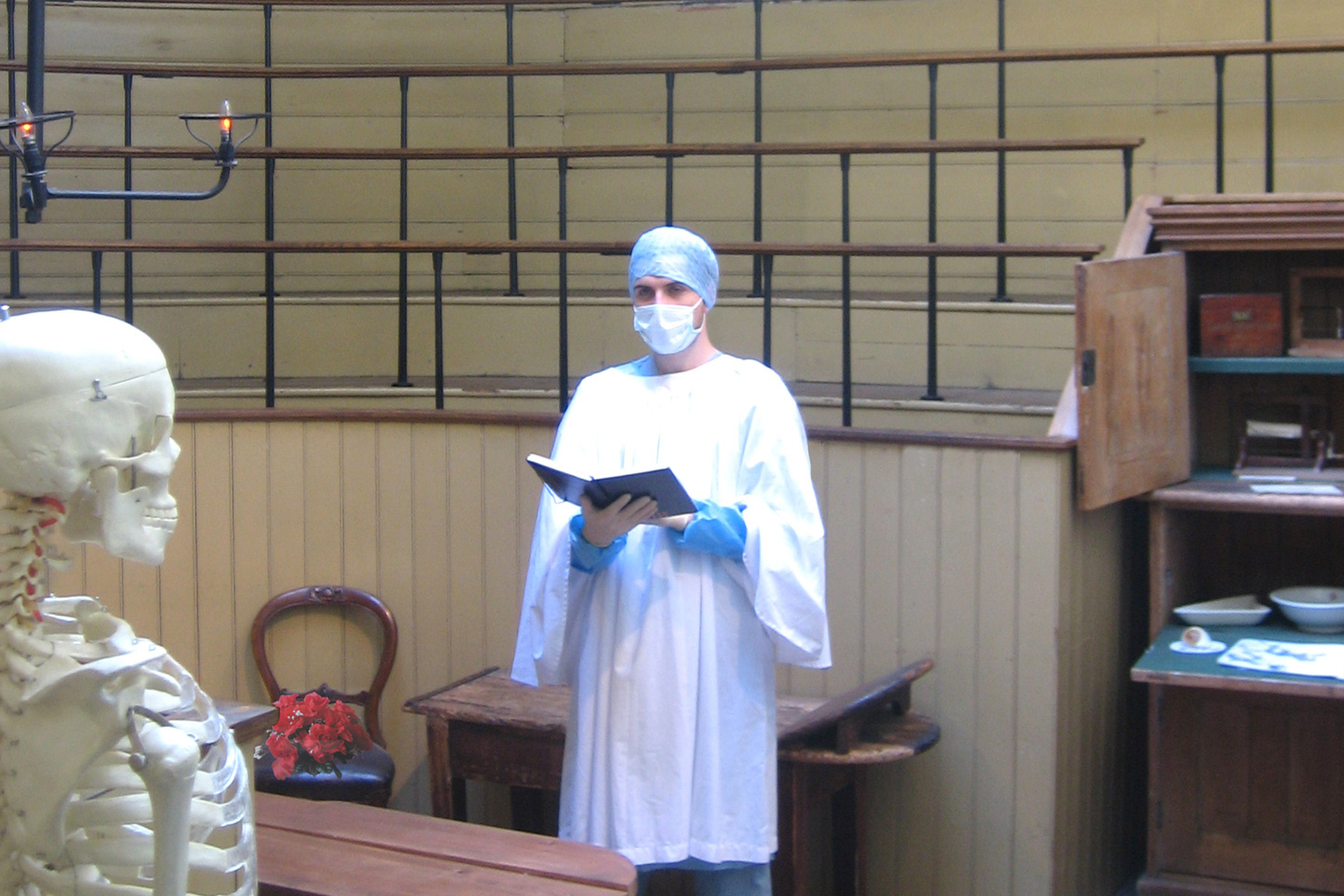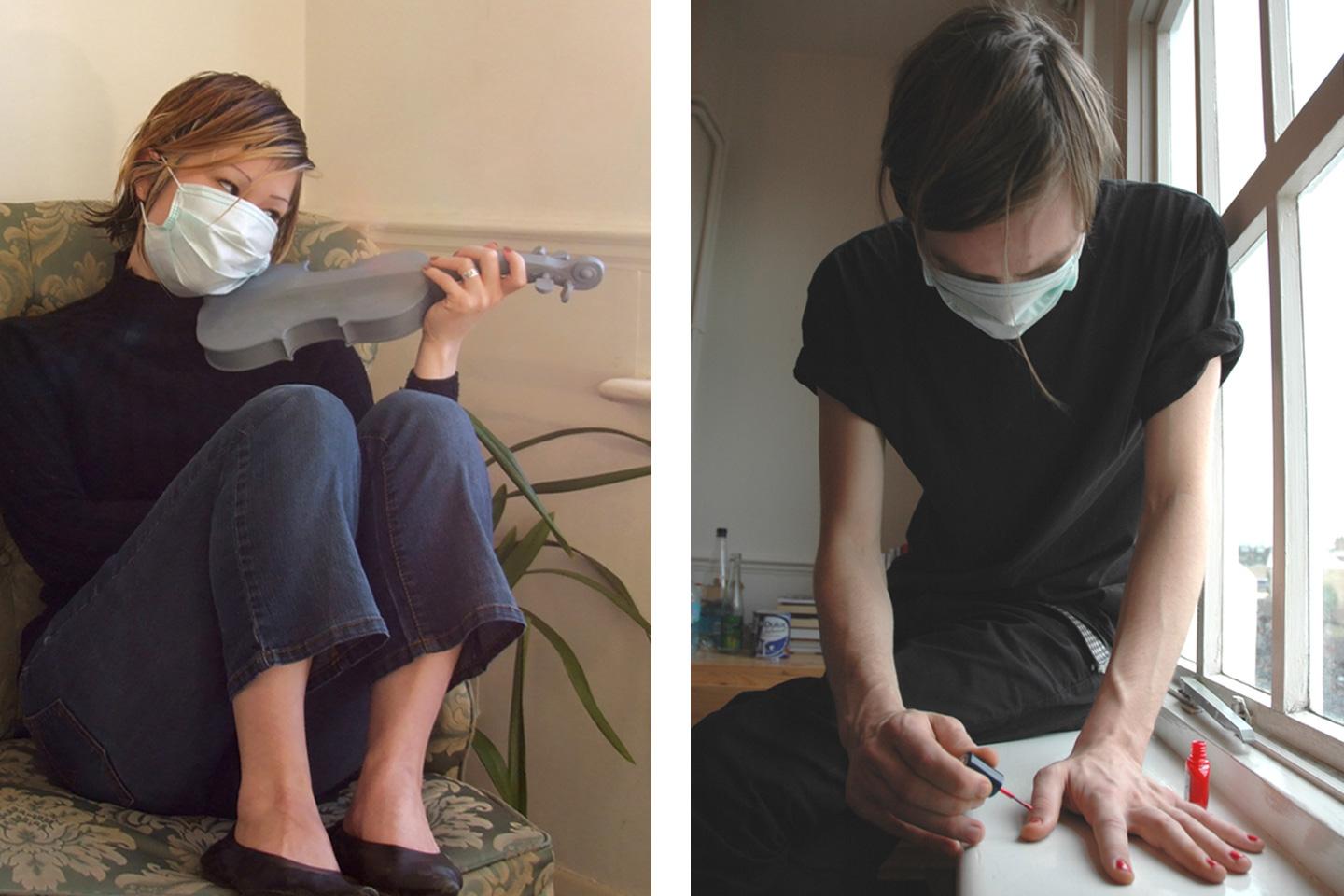Why do people object to the idea of body enhancement? Criticism based on moral or ethical arguments opposing biological changes in humans seems to ignore the fact that even with no technological intervention we all go through life trying to change the ones around us to fit to our moral codes and understanding of the world.
Why are psychological manipulations, stubborn arguments or emotional blackmail more acceptable than gene doping? Isn’t the attempt to change character a more serious matter than simply enhancing physical attributes?
Cellular memory is a theory which claims that human body cells contain clues to our personalities, tastes and histories. According to this theory, a fragment of an organ donor’s personality can be passed on during transplant surgery.
This is a story of a world in which medical procedures are used to perform personality enhancement surgery. It symbolises an acceptance of our tendency to change the behaviour of others so we can understand their actions.
Romantic relationships are difficult, cluttered with misunderstanding, disappointment, and unfulfilled expectations. In a future where medical advances make an organ transplant operation a routine procedure, a transplant wedding is a way for a couple to show their commitment to each other by swapping their hearts, thus installing a fragment of their personality into their partner.
As a result, they will be able to form a better understanding of the person they have chosen to spend their lives with, share their passions, phobias and traumas as well as experience flashbacks of each other’s dreams and memories.
The exchange of an organ instead of a ring corresponds with past rituals of extreme romantic gestures. It also refers to the temporary insanity condition which is identified with romantic love, and to the possessive tendency we tend to develop within a relationship.
If once religion was supposed to take care of the soul and medicine meant to repair the body, the acceptance of eastern philosophy and alternative medicine – which is in parts based on the theory of cellular memory – now sees them as one. In such a world the religious connotations we have with the medical profession are highlighted.
The wedding ceremony takes part in an operating theatre. Before the wedding the couple goes through counseling sessions in order to prepare and discuss issues such as the consequences of unequal preliminary medical condition (would you swap your healthy heart for a smoker’s one?) and an unlikely divorce (if you deeply hurt your partner, could you cope with the painful memories which are now stored in the heart that you have just retrieved?)
The first year after a transplant is considered a critical time and will determine whether your body will reject the new organ. Researchers of cellular memory claim that the rejection process might not only reflect the rejection of the material comprising the cells of the new heart but also the synthetic information which is stored within the cells.
As the first year of a marriage is also perceived as a critical time that would determine the success of the relationship, a transplant wedding can also be perceived as a compatibility test.
In this year you will have to take immunosuppressive drugs that will prevent your body from rejecting the heart, these drugs will also weaken your body’s ability to fight common infections. As a result you and your partner will have to stay in a sterile environment, being secluded from the rest of the world should give you the time to develop successful relationship patterns.
After the surgery you may find yourself developing new unexplained interests. Enjoy it; this is another thing you and your partner now have in common.






